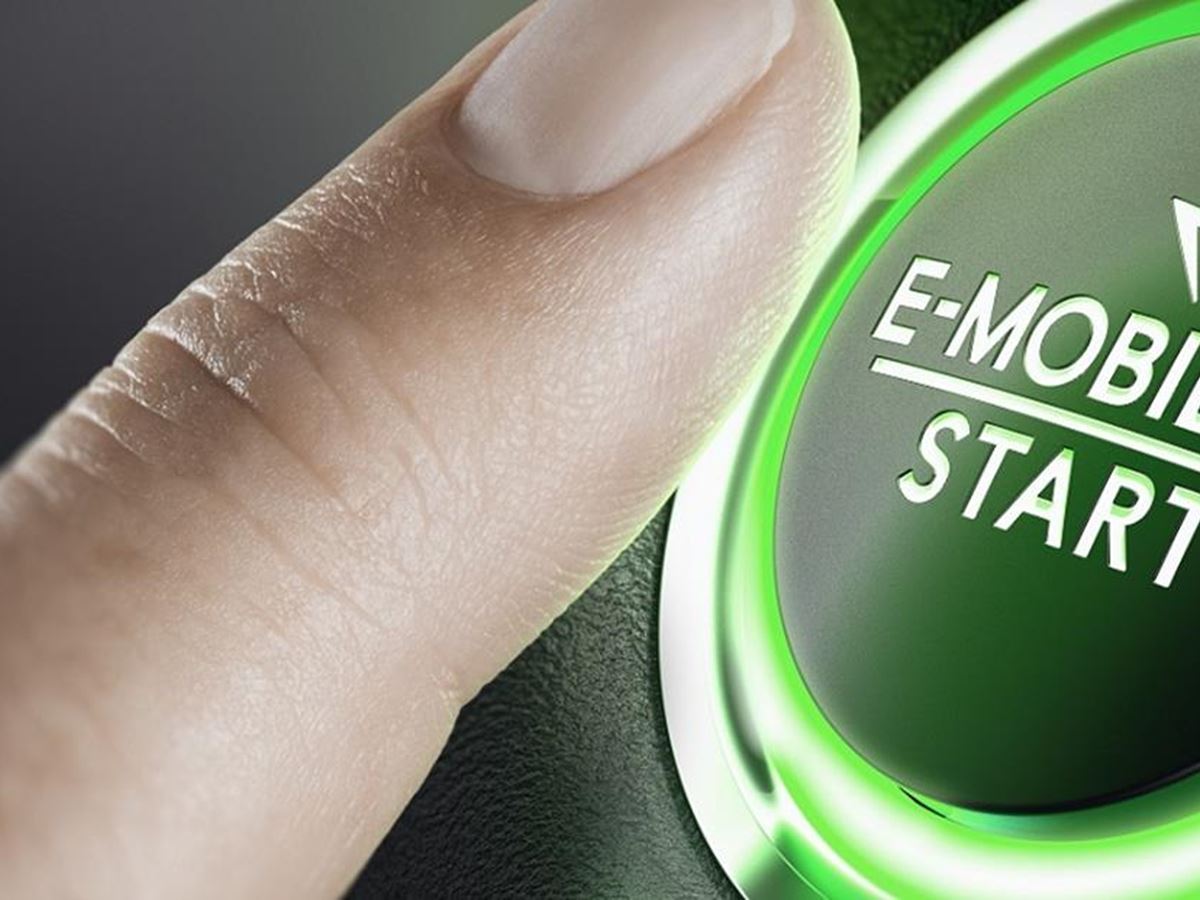Influence of Technology on Development of Mobility
On September 12, 2017 AmCham organized the conference „Influence of Technology on the Development of Mobility“, which brought together key stakeholders from the traffic and environment protection sectors and the automotive industry. Topics discussed were the challenges to the development of e-mobility in Croatia, and the end-of-life vehicles and waste oil disposal systems.
The goal of the conference was to open up a discussion on the implications of technological development and high environmental and energy efficiency standards on the future of the automotive industry.
The conference was divided into two segments. The first segment was dedicated to the issue of „Challenges of e-mobility in Croatia and Trends in the European Union“.
Participants in the panel discussion agreed that the current situation in which the responsibility for the development of e-mobility falls within the jurisdiction of three government ministries (Ministry of Environment and Energy, Ministry of Economy, Entrepreneurship and Crafts and Ministry of the Sea, Transport and Infrastructure), with expected interest also from the Ministry of Tourism, represents a significant challenge. What is required is a clear strategy and a single entity in charge of development of infrastructure and regulatory framework. Currently, there are over 200 electric vehicle charging stations, distributed predominantly in the north of Croatia. The fact that there is not a single charging station on the Zagreb-Split highway indicates a lack of systematic approach to the development of e-mobility.
In the second part of the conference, participants discussed the future of the automotive industry in the light of high environment protection and energy efficiency standards.
Keynote speech was delivered by Mr. Ivo Milatić, State Secretary, Ministry of Environment and Energy, who stated: “Waste oil and end-of-life vehicles management are part of Croatia’s commitments towards encouraging waste separation, recycling and re-use. With regards to e-mobility, the Ministry of Environment and Energy, together with HEP, plans on installing charging stations along the highway over the course of summer 2018.”
During the panel discussion that followed, representatives of automotive industry called for a reduction of end-of-life vehicles managing fees and further measures for setting up a more efficient system, and pointed out the existing problem of inadequate waste oil disposal. Representative of the Ministry of Environment and Energy confirmed the openness of the ministry towards the possibility of reducing relevant fees, but only following a detailed financial analysis. Conference attendees also had the opportunity to see some examples of electric and hybrid vehicles on display.
Program
8:30-9:00 Registration 9:00-9:05 Welcome Address Challenges of E-mobility in Croatia and trends in the EU 9:05 - 9:20 Introductory speech: Andrea Doko Jelušić, Executive Director, AmCham Croatia 9:20-10:10 Panel discussion Ljubomir Majdandžić, Acting Director, Environmental Protection and Energy Efficiency Fund Vladimir Lipovac, Audi Brand Director, Porsche Croatia Branko Kondić, Executive Director, LMG Autokuća Dino Novosel, Head of e-mobility, Hrvatski Telekom Moderator: Vladimir Nišević, Chief Editor, Poslovni dnevnik 10:10-10:30 Coffee Break Future of Automotive industry in light of high environmental standards and energy efficiency 10:30-10:45 Introduction to the topic Ulrich Mentzner, Opel/ACEA 10:45-11:00 Keynote speech Ivo Milatić, State Secretary, Ministry of Environment and Energy 11:00-12:00 Panel Discussion Nela Palarić, Head of Sustainable Waste Management, Ministry of Environment and Energy Robert Gogić, Post-Sales Coordinator, Porsche Croatia Igor Stažić, Chief Editor, Start News Željko Teufel, Board Member, CE-ZA-R Moderator: Andrea Doko Jelušić, Executive Director, AmCham Croatia 12:00 Lunch





